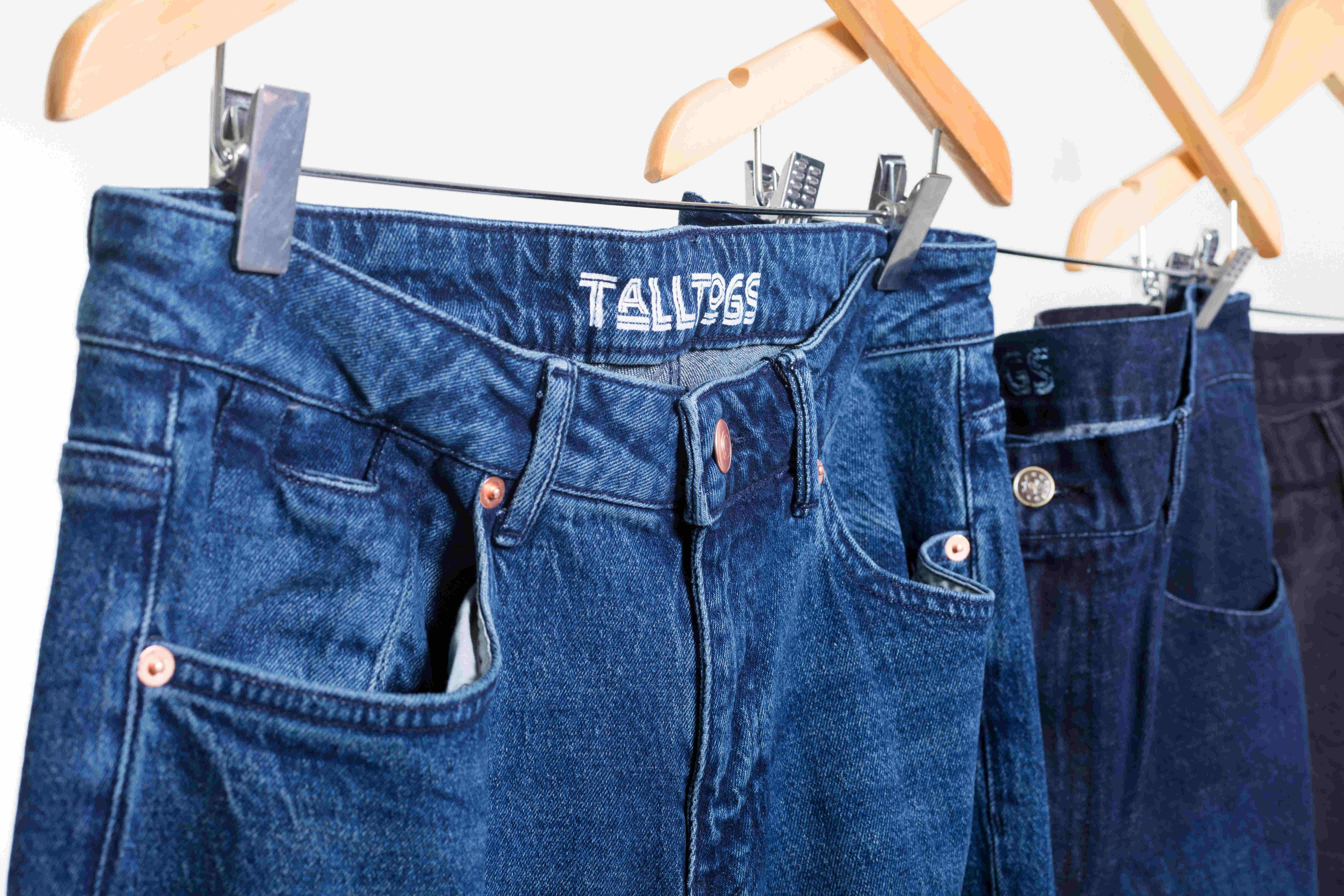Modern Slavery & Human Trafficking Statement
Introduction
This Modern Slavery and Human Trafficking Statement is a response to Section 54(1), Part 6 of the Modern Slavery Act 2015 and relates to actions and activities for Tall Togs Limited.
Tall Togs Limited (‘the Company’, ‘we’, ‘us’ or ‘our’) is committed to preventing slavery and human trafficking violations in its own operations, its supply chain, and its products. We have zero-tolerance towards slavery and require our supply chain to comply with our values.
Organisational structure
Tall Togs Limited has business operations in the United Kingdom.
We operate in the fashion apparel sector. The nature of our supply chains is as follows: Tall Togs Limited is committed to conducting business in an ethical legal and socially responsible manner. This commitment extends to suppliers, factories contractors, customers, and other external resources we chose to do business with. We purchase goods and services to the highest standards of ethical and environmental trade practices to include the provision of safe working conditions and the protection of workers across our supply chain. We ensure that we only purchase goods that are produced and delivered under conditions that do not involve the abuse or exploitation of any persons, and that such goods or services provided have the least negative impact on the environment. We recognize the challenges and inefficiencies that exist for wage bargaining at factory level and transparency of payment to workers. We believe that through industry-level collective bargaining we can achieve fair wages for garment workers.
Policies
We operate a number of internal policies to ensure that we are conducting business in an ethical and transparent manner. These include the following:
- Recruitment and selection policy
- Supplier code of conduct
- Whistleblowing policy
- Staff code of conduct
- Procurement policy
- Safeguarding policy
We make sure our suppliers are aware of our policies and adhere to the same standards.
Due Diligence
As part of our efforts to monitor and reduce the risk of slavery and human trafficking occurring in our supply chains, we have adopted the following due diligence procedures:
- External supplier audits.
- Checking certain suppliers with external third parties for any slavery or human trafficking risks.
Our due diligence procedures aim to:
- Identify and act on potential risks in our business and supply chains. Monitor potential risks in our business and supply chains.
- Reduce the risk of slavery and human trafficking occurring in our business and supply chains. Provide protection for whistleblowers.
Risk and compliance
The Company has evaluated the nature and extent of its exposure to the risk of slavery and human trafficking occurring in its UK supply chain through:
- Evaluating the slavery and human trafficking risks of each new supplier. Creating an annual risk profile for key suppliers.
- Reviewing on a regular basis all aspects of the supply chain based on supply chain mapping.
We do not tolerate slavery and human trafficking in our supply chains. Where there is evidence of failure to comply with our policies and procedures by any of our suppliers, we will seek to terminate our relationship with that supplier immediately.
Effectiveness
The Company uses Key Performance Indicators (KPIs) to measure its effectiveness and ensure that slavery and human trafficking is not taking place in its business and supply chains. These KPIs are as follows:
- We will contact suppliers to enquire about their modern slavery practices every 12 months.
- We will train our staff about modern slavery issues and increase awareness within the Company.
Training our staff
The Company requires its staff to complete training and ongoing refresher courses on slavery and human trafficking. The Company’s training covers:
- How to identify the signs of slavery and human trafficking.
- What initial steps should be taken if slavery or human trafficking is suspected.
- How to escalate potential slavery or human trafficking issues to the relevant parties within the Company. What external help is available.
- What steps the Company should take if suppliers in its supply chain do not implement anti-slavery policies in high- risk scenarios, including their removal from the Company’s supply chain.
Next steps
We have an ongoing due diligence process when considering our business relationships and evaluating the risks and every year we review our practises to ensure tackle Slavery and human trafficking by working closely with out suppliers.
The statement was approved by the board of directors.



